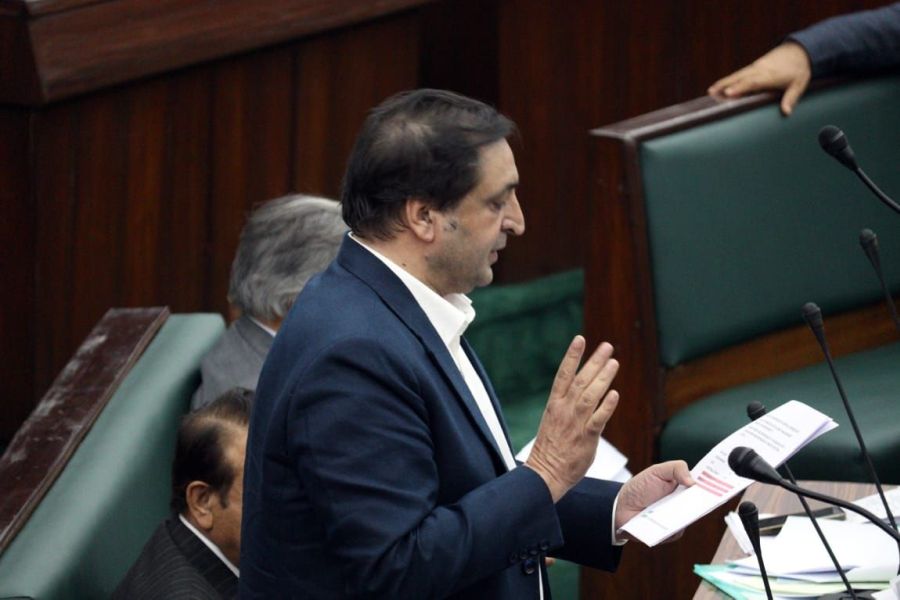Srinagar: A city court on Saturday convicted a Srinagar resident for two years imprisonment and a fine of Rs 10 lakh for issuing a cheque that was dishonored for lack of sufficient funds.
Judicial Magistrate 1st Class PT & E Srinagar, Fariqa Nazir convicted the accused Altaf Hussain Rather, son of M Abdullah Rather of Yousufabad Bemina, for the commission of offence under Section 138 of the Negotiable Instruments Act.
The accused has been sentenced to undergo a simple imprisonment of two years. A fine of Rs 10 lakhs, which is double the cheque amount issued by the accused to his lender, has also been imposed on the accused.
The fine so imposed has to be paid as compensation to the complainant, ordered the court.
The case against the accused was filed by one Mohammad Ramzan Malik, son of Abdul Razak Malik of Sheshgari Mohalla in 2014 before the court of Additional Munsiff Srinagar. The court in March 2018 passed a judgment wherein the accused was convicted under the relevant sections of the Negotiable Instruments Act.
The court had sentenced the accused to one-year imprisonment and directed him to pay Rs five lakhs to the complainant Mohamad Razaq.
The accused petitioned for suspension of his sentence and the case was then committed by the court of Chief Judicial Magistrate to Judicial Magistrate 1st Class PT & E.
The Magistrate found that the case has been filed well within the prescribed time under the Negotiable Instruments Act. It said that the presumption arises in favour of the complainant that he had received the cheque from the accused for discharge of a legally recoverable debt.
It held that the ingredients of section 138 of the Negotiable Instruments Act have been established by the complainant and the accused has failed to rebut the statutory presumption as contemplated under law.
The judge opined the “accused has committed offense under section 138 read with Section 142 of the N I Act and shall be punished for the crime”.
She directed the accused be lodged in Central Jail Srinagar and the fine imposed be recovered from him by execution through the civil process by disposing of his movable or immovable property.








